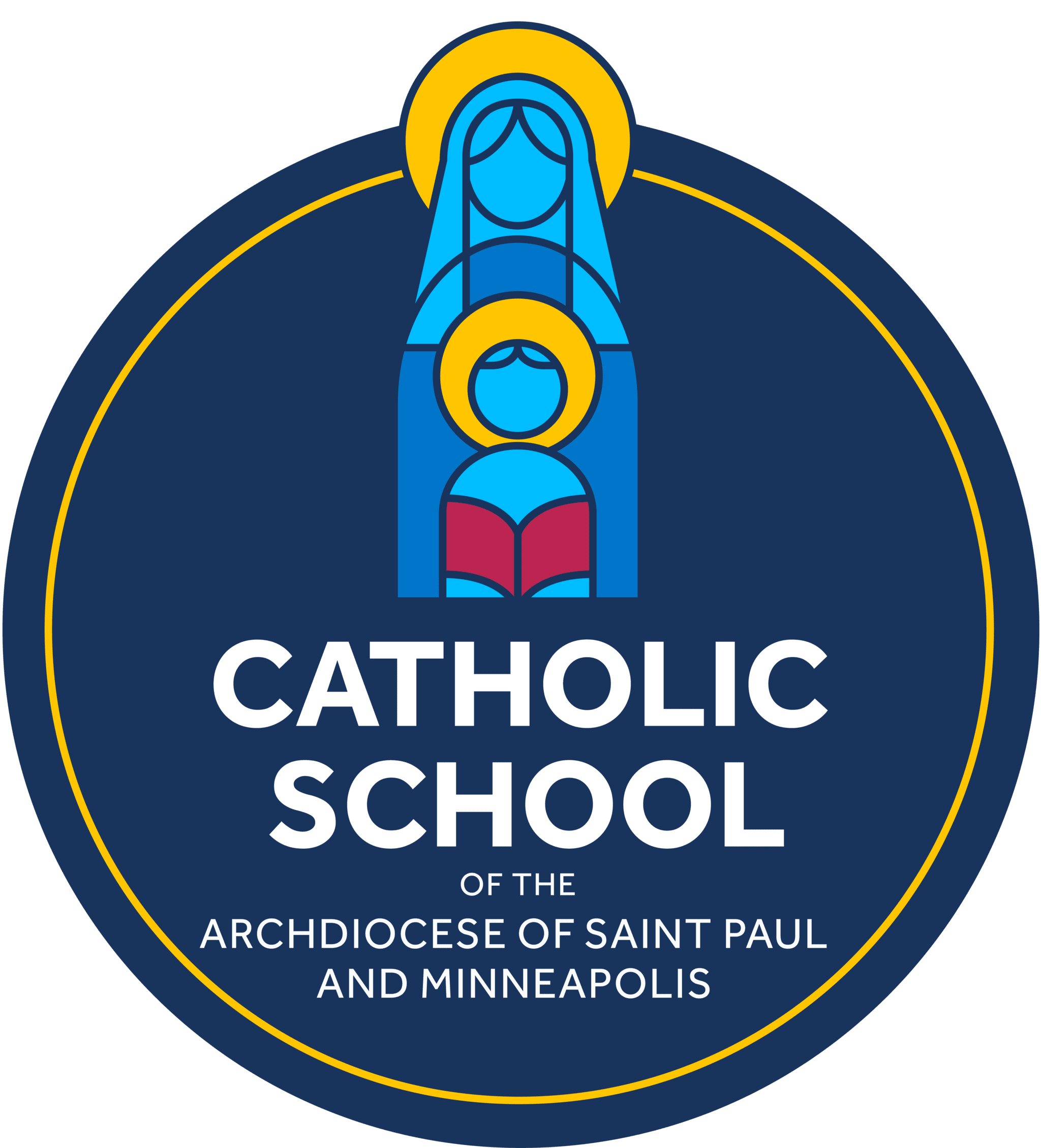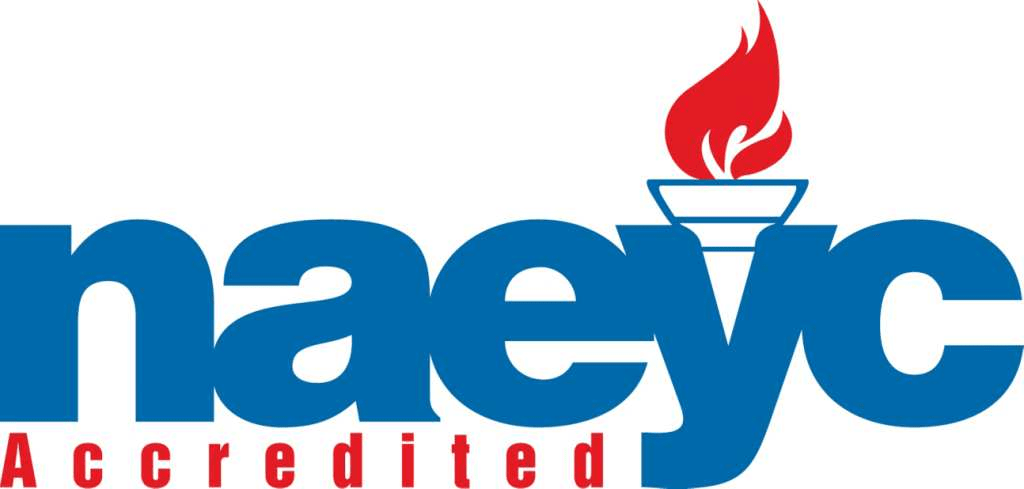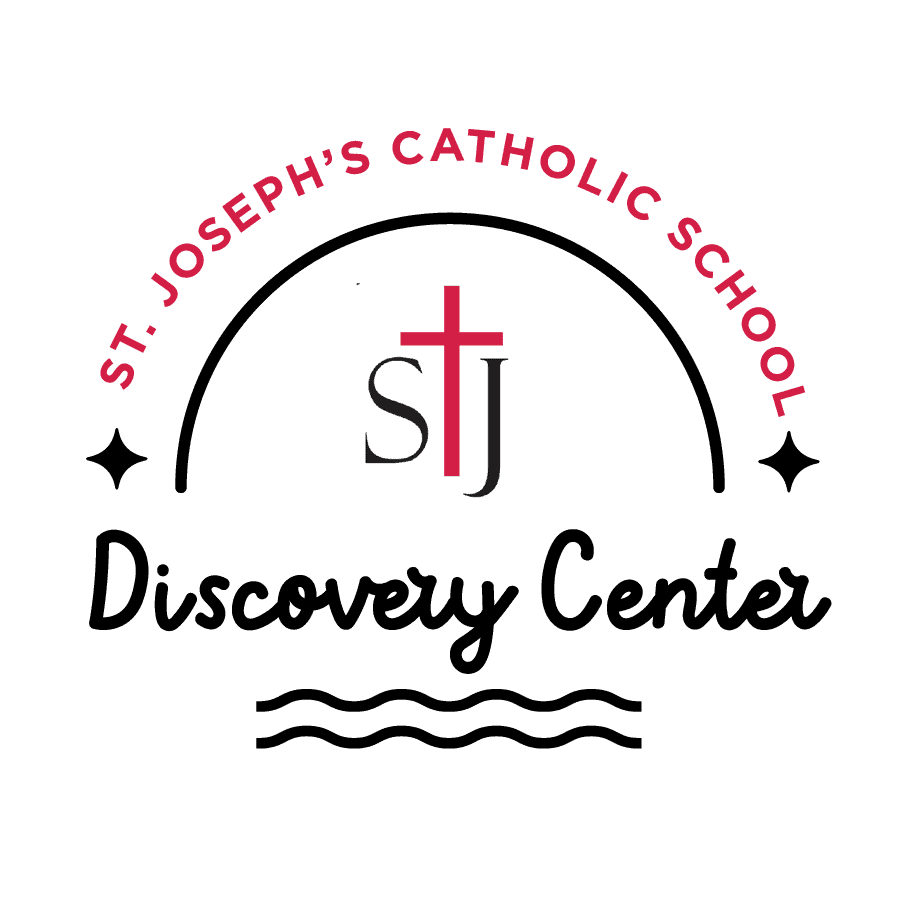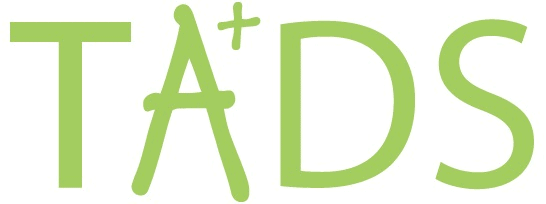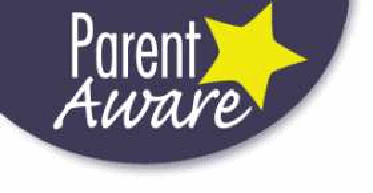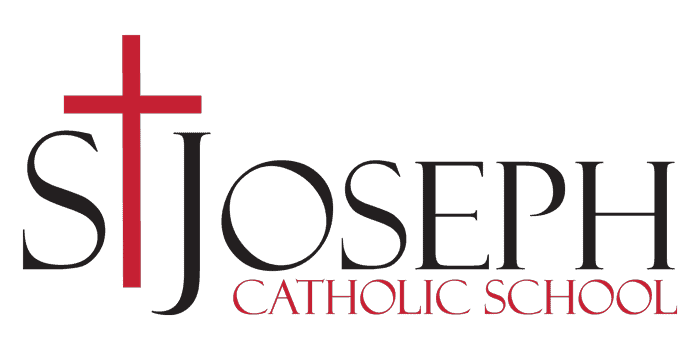Seventh grade is the time in a student’s life when they begin to inquire and want to learn the "why" of life. As a school, we offer additional curriculum and extra-curricular choices to keep pace with today's dynamic, young student's needs. Our curriculum is rigorous and, along with our extra-curricular programs, provide many opportunities for students to develop their leadership skills.
Following the rest of the school, the seventh grade uses the Alive in Christ workbook to guide the curriculum. Seventh graders explore and learn more about our faith in the following units: Revelation, Trinity, Jesus Christ, the Church, Morality, Sacraments, and the Kingdom of God. Also, like other grade levels, we prepare Mass parts and serve and read at Mass periodically. Additionally, there are also seasonal lessons that match up with the liturgical year as well as lessons on Catholic Social Teachings. Finally, we also use our character formation curriculum of the Positivity Project to connect to Faith standards where appropriate.
Our science curriculum is on a two-year cycling schedule. The seventh and eighth grade students study together in combined classes to accommodate this structure.
- Earth science units are covered in the first trimester of the school year. In Cycle A, the Weather and Climate unit "explores the atmospheric events and oceanic processes that impact the earth and its inhabitants. Students experiment with factors that determine storms and daily weather, explore the impact of oceans on the earth, and examine the influences that produce climate zones and climate changes" (Carolina Science, 2014). In Cycle B, the Plate Tectonics unit covers the topics of earthquakes, volcanoes, and general plate tectonics. "By performing...hands-on activities based on the manipulation of simple models and the study of maps, students extend and enrich their knowledge of the structure of the earth's interior and crust" (Carolina Science, 2014).
- Physical science units are covered in the second trimester of the school year. In Cycle A, the Experimenting with Mixtures, Compounds, and Elements unit “explores the three basic types of matter and the chemical and physical properties that distinguish them” (Carolina Science, 2014). Students learn about pure substances vs. mixtures as well as the changes they undergo. In Cycle B, the Properties of Matter unit allows students to "investigate some basic properties of matter and the use of these properties to distinguish one substance from another" (Carolina Science, 2014).
- Life science units are covered in the third trimester of the school year. In Cycle A, the Development and Reproduction of Organisms unit "gives students the opportunity to perform thought-provoking, hands-on activities based around plants and animals" (Carolina Science, 2014). By studying Wisconsin Fast Plants and the cabbage white butterfly, students study life cycles and their processes. In Cycle B, the Exploring Respiration and Circulation unit "explores the respiratory and circulatory systems" (Carolina Science, 2014). Students study breathing, cellular respiration, and how the heart pumps blood to the rest of the body.
- In January and February, students participate in the C-STEM fair. Students come up with original science or engineering-based project ideas that follow either the scientific method or engineering design process. Students first research the concepts and then either perform an experiment or construct their project in order to solve the problem that they have stated. Students are judged, and those with the top projects have the opportunity to move on to an archdiocesan-wide STEM fair.
Also, at the end of the school year when the 8th grade is on their class trip, 7th graders get the unique opportunity to dissect a pig and cow's eyeball and virtually dissect an earthworm. - There are also certain aspects of outdoor education that we incorporate into the curriculum whenever there is a reasonable opportunity to get outdoors!
Middle School Technology Consists of the following:
- One-to-one computing with Chromebooks
- Keyboarding Skill Development via typingclub.com
- Course-specific technology skills (word processing, spreadsheet, PowerPoint, etc.)
- Progressing through the Smart Lab curriculum.
- Use of cloud-based computing via Office 365 and Google G-Suite.
- Coding via the CS First Curriculum, which incorporates the Scratch programming language.
Project Based Learning (PBL) is C-STEM is a collaborative learning course which utilizes the Defined Learning curriculum. The projects on which our students work each have a career focus and revolve around real-world questions.
PBL allows us to activate and apply the 4 C's of learning: creativity, communications, critical thinking, and collaboration in meeting 21st-century learning needs. More importantly, our students learn how to work together in groups to achieve a goal and take responsibility for their group's performance.
The engineering design challenges present in PBL allow us to go even further in preparing our students for the future. Through a collaborative design process, students develop skills such as: creating effective presentations, making scale drawings, navigating organizational dynamics, designing product prototypes, testing design models, budgeting, marketing, and exploring the role our faith can play in solving real-world problems.
Pre-Algebra – Topics covered in this course include but are not limited to the following: integers; rational numbers; solving equations and inequalities; ratios, proportions, and percents; Geometry: angles, shapes, transformations, area, surface area, and volume; graphing and writing linear equations; real numbers and Pythagorean Theorem; exponents and scientific notation. The textbook used in Pre-Algebra is titled Big Ideas Math Accelerated.
Algebra – In order for a 7th grader to be a student in this course, they must have successfully passed Pre-Algebra.
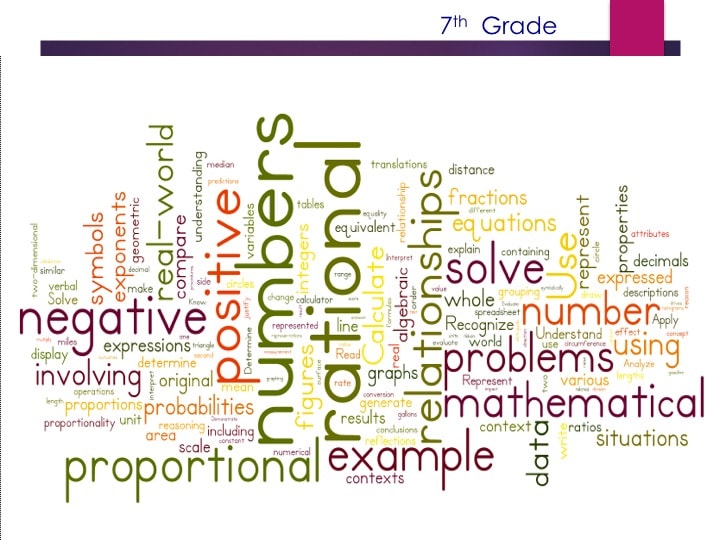
Language arts students in the seventh grade continue to use the "Expeditionary Learning" curriculum, a comprehensive reading and writing program which is skill-based and fully aligned to state and national academic standards. Students progress as a class through four learning "modules" throughout the year, each consisting of three units and overarching essential questions and themes with real-world connections. These modules feature central texts (books, articles, poems, and speeches) which students analyze in-depth and use to practice targeted skills. Special emphasis is given to using textual evidence in analysis, making inferences while reading, and determining vocabulary in complex texts. Each module progresses through a standard sequence:
- Building Background Knowledge (Unit 1)
- Extended Reading and Research (Unit 2)
- Extended Writing (Unit 3)
In seventh grade, students think about "Journeys and Survival" as they explore the experiences of the people of South Sudan during and after the Second Sudanese Civil War. They then consider "Working Conditions in the Past and Present" while they learn about historical and modern-day working conditions through historical fiction and research. The concept of slavery is brought up as students develop an understanding of an author's purpose and the power of story-telling while reading about the life of Frederick Douglass. Finally, students finish the year thinking about how "Water is Life" for all people as they read and write about informational texts concerning sustainability and freshwater management. Focused writing assignments, both creative and analytical, are embedded in these modules and focus on research and supporting ideas with text-based evidence. In addition to reading the class central texts, students also read widely as they meet independent reading requirements in a variety of genres each trimester.
Grammar (Grades 6-8)
NoRedInk
- Interactive online program
- Explicit, systematic grammar instruction
- Students practice topic until mastery is achieved
- Weekly practice with subsequent assessments
- Topic-by-topic organization of content
Caught‘ya! Grammar with a Giggle for Middle School: Giggles in the Middle
- Writing and editing practice curriculum
- Sections of a narrative with grammar and syntax errors given to students daily
- Students rewrite narrative sections using correct grammar and syntax
- Grammar rules and solutions introduced in context (students annotate narrative sections)
- Students exposed to high-level vocabulary through daily narrative texts
- Humorous, engaging stories spark student interest
Vocabulary (Grades 6-8)
- Research-based vocabulary program
- Introduces 20 words at a time to help students deepen vocabulary understanding
- Academic vocabulary knowledge is constructed using contextual and definitional information
- Students work with words in multiple contexts and use words to respond to text-based questions
Grade 6- Sadlier Vocabulary Workshop Achieve Level A 2018
Grade 7- Sadlier Vocabulary Workshop Achieve Level B 2018
Grade 8- Sadlier Vocabulary Workshop Achieve Level C 2018
In 7th grade, we immerse students in history with an inquiry-based social studies program! By using the Houghton Mifflin Harcourt Social Studies curriculum, students will dig into the geography, history, culture, and people from around the world by engaging in classroom activities that include technology and collaboration. To learn more about HMH visit their website at https://www.hmhco.com/programs/hmh-social-studies.

